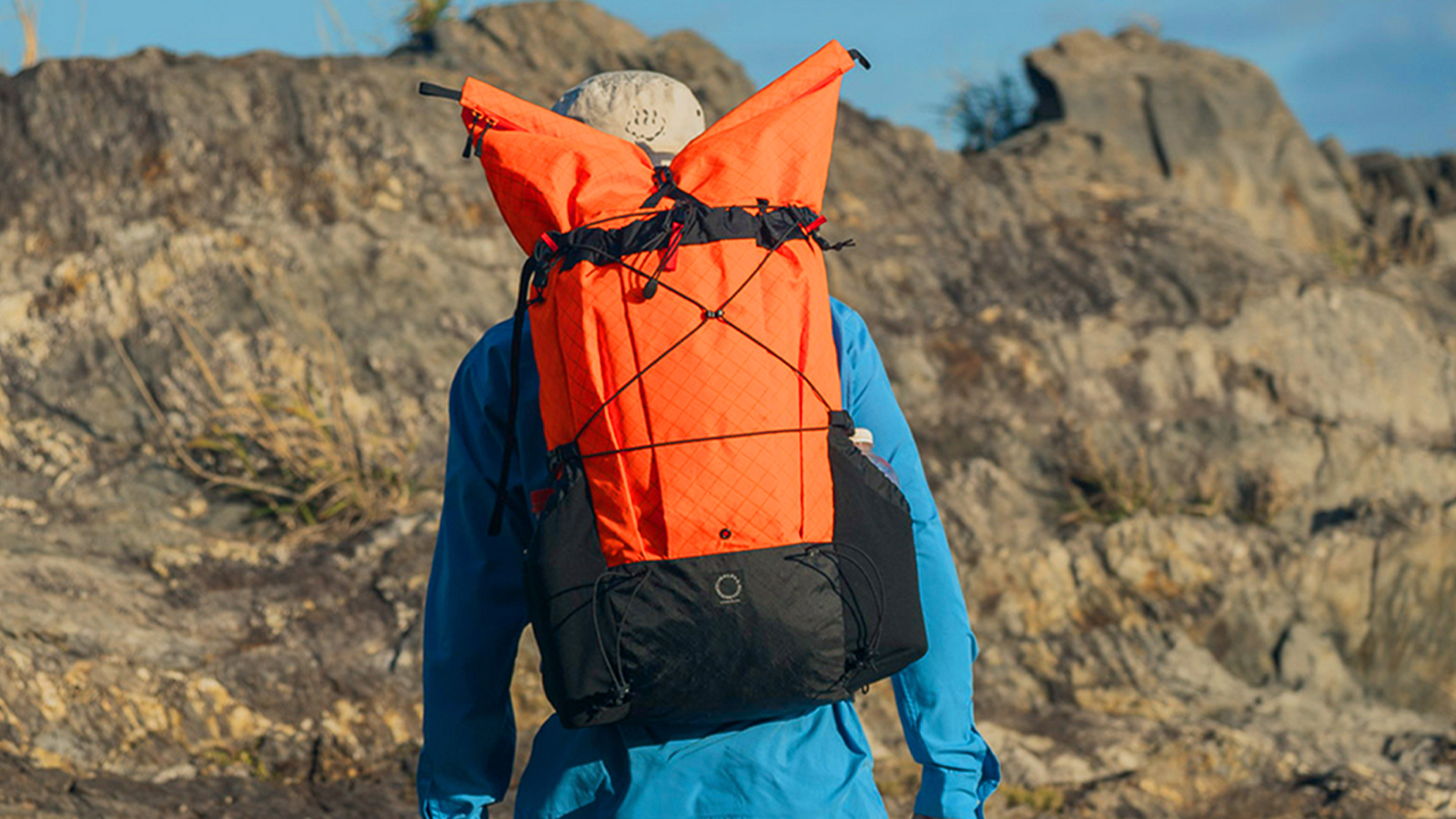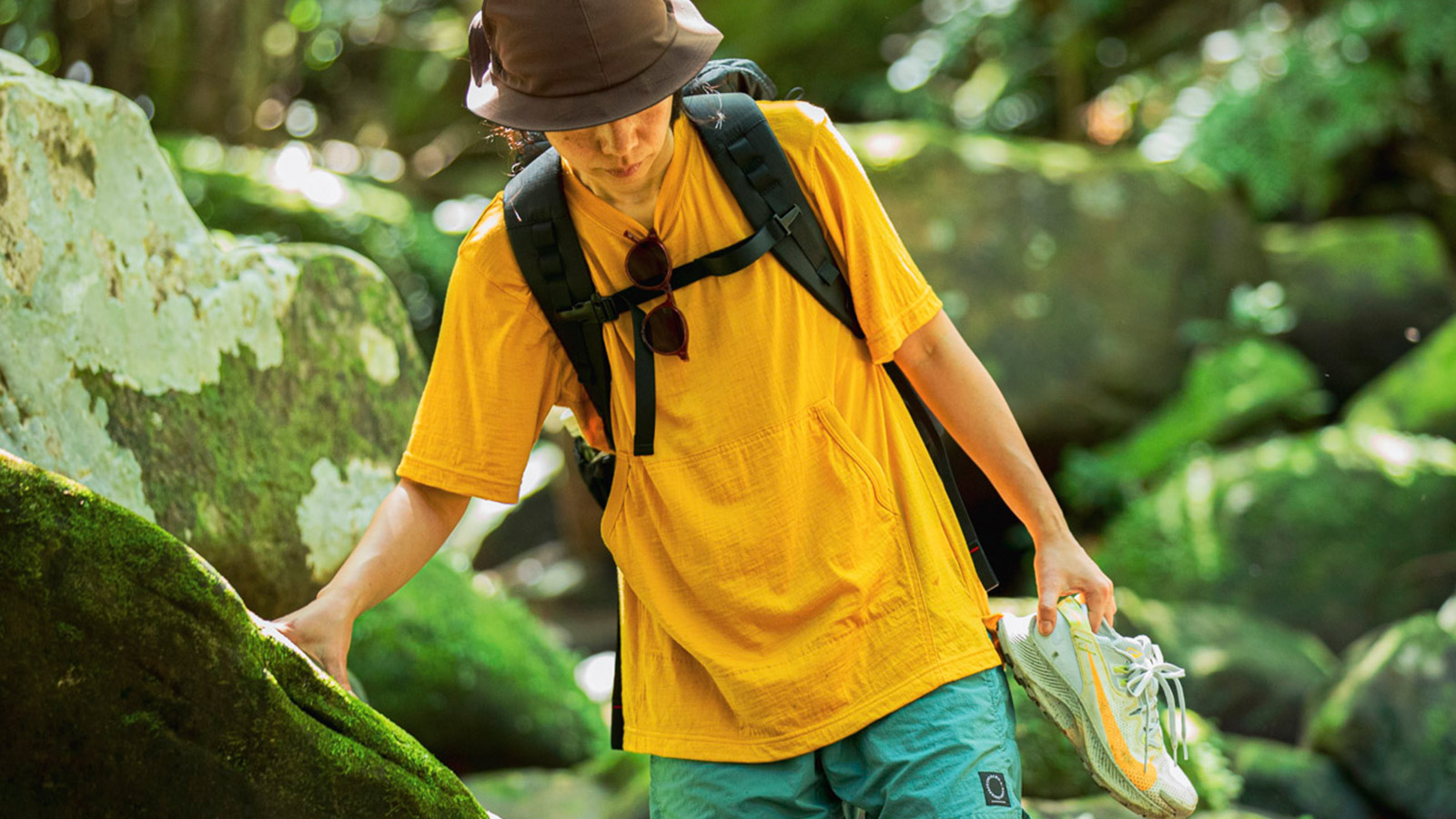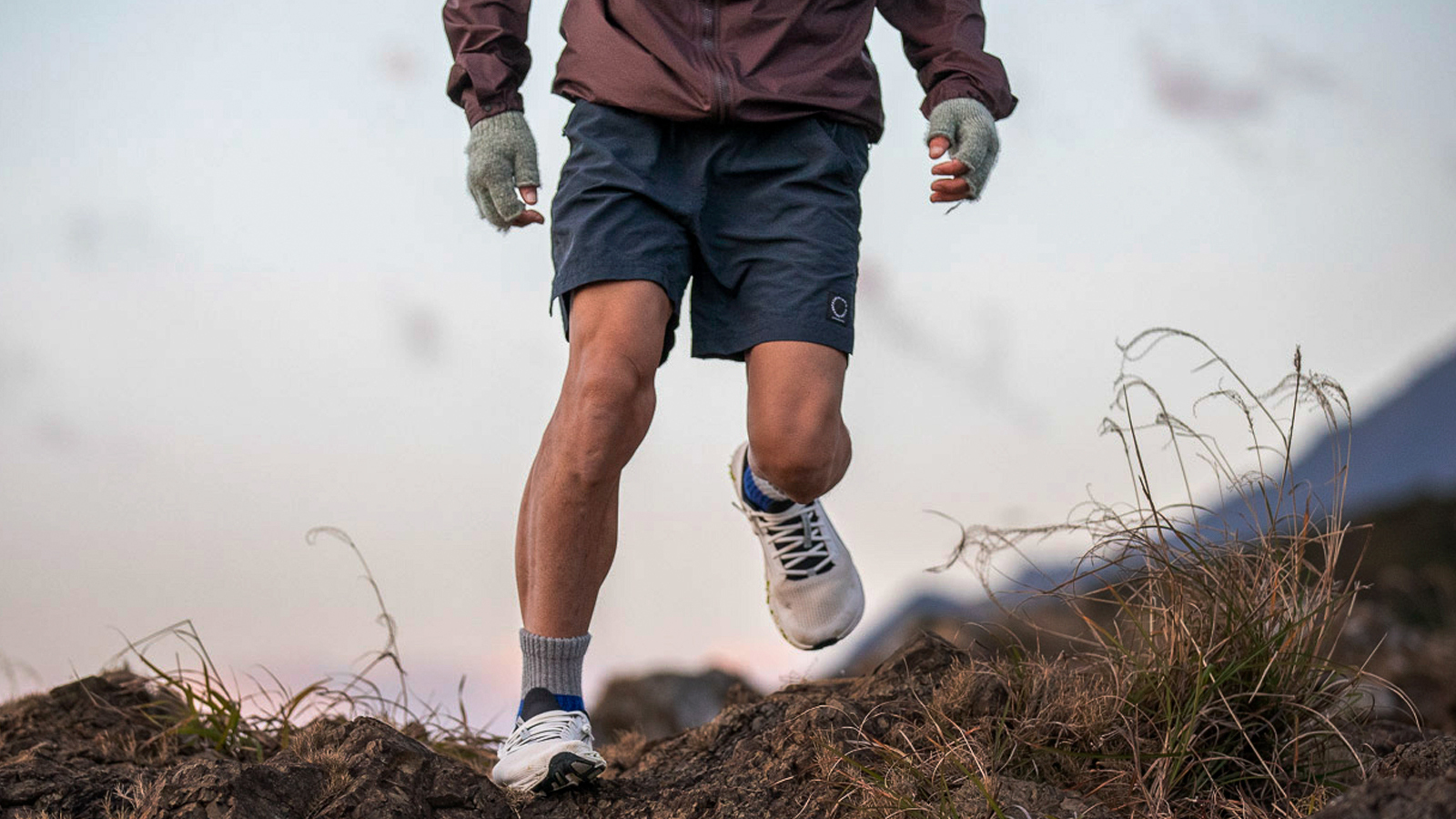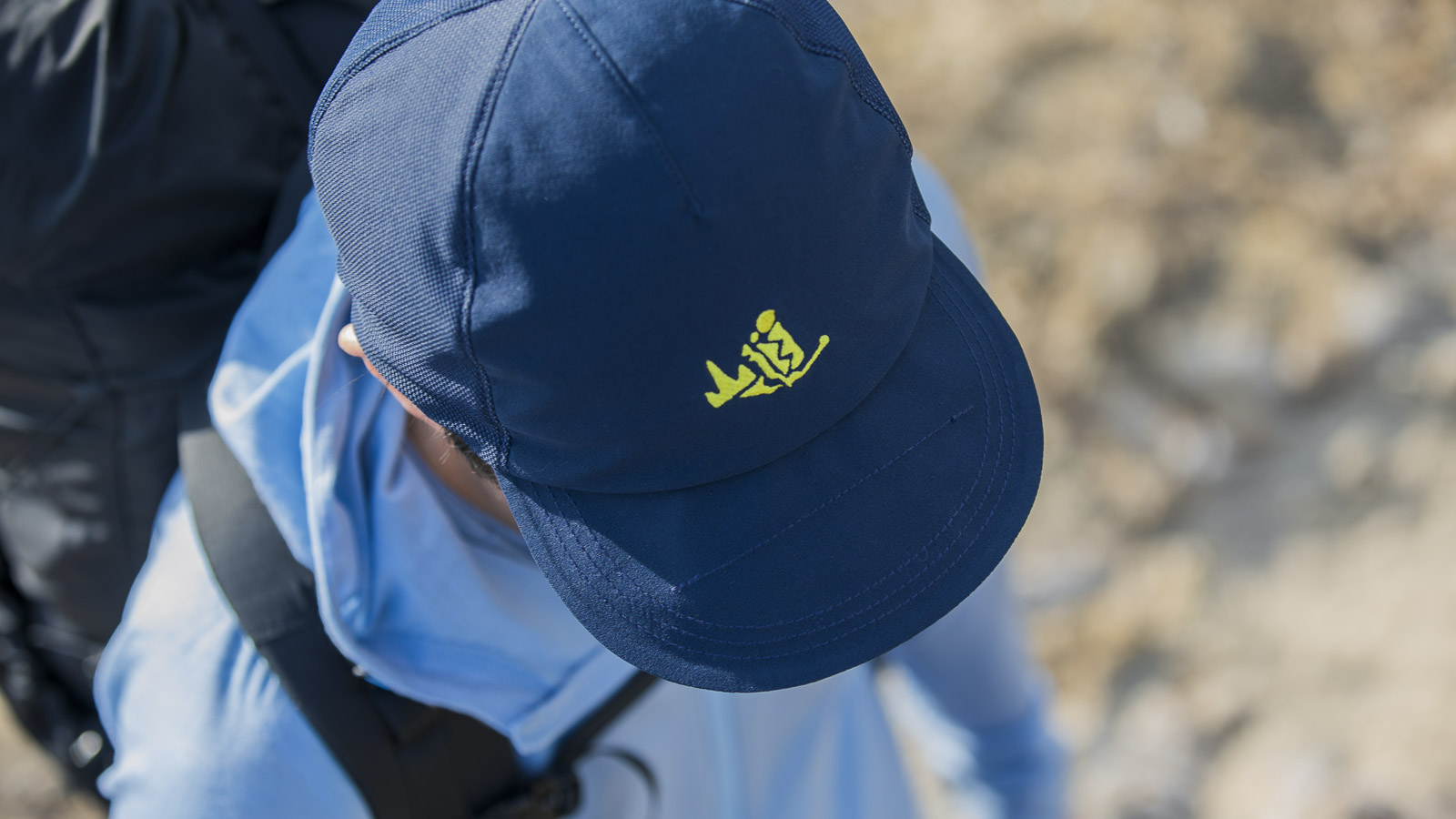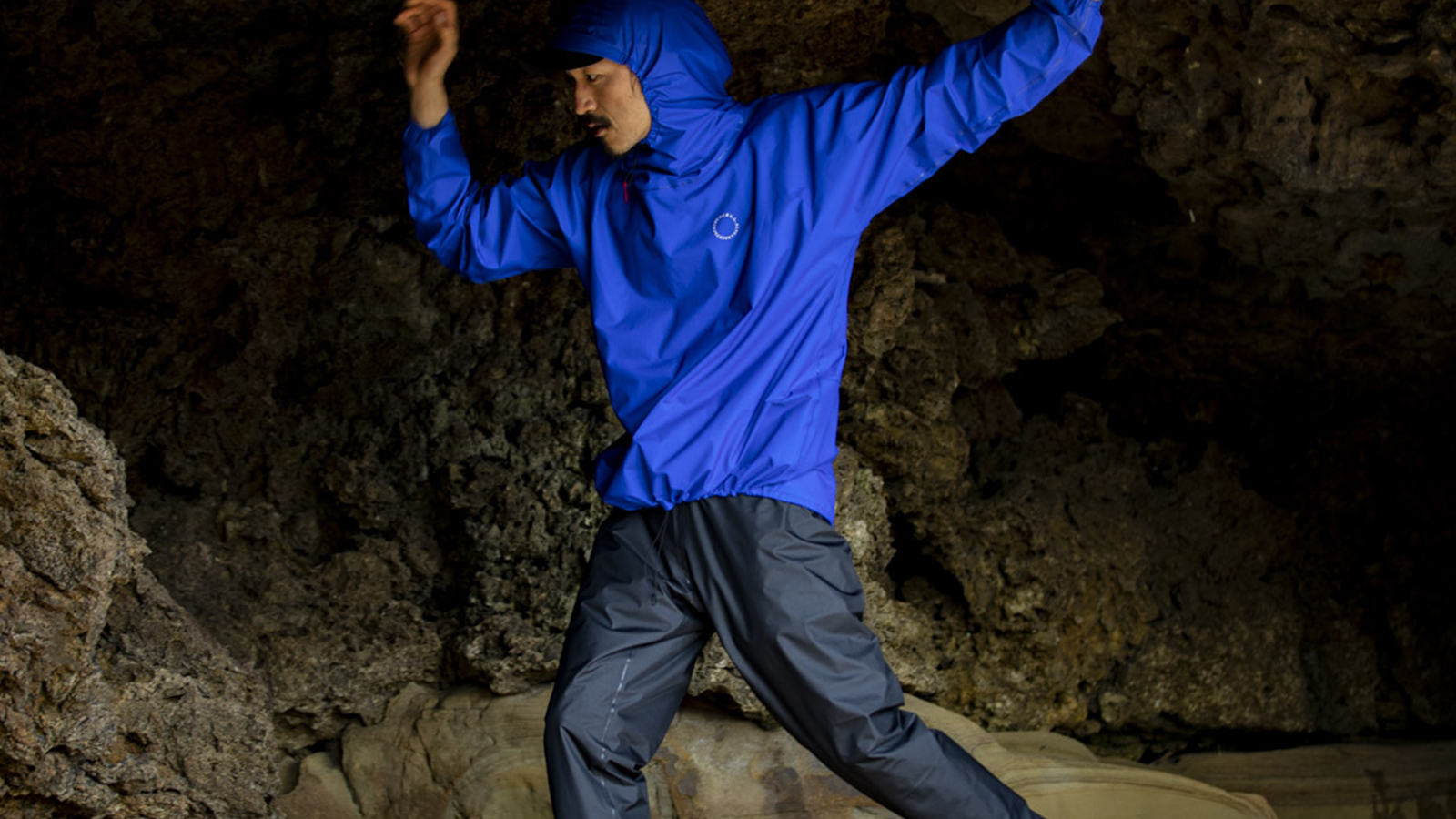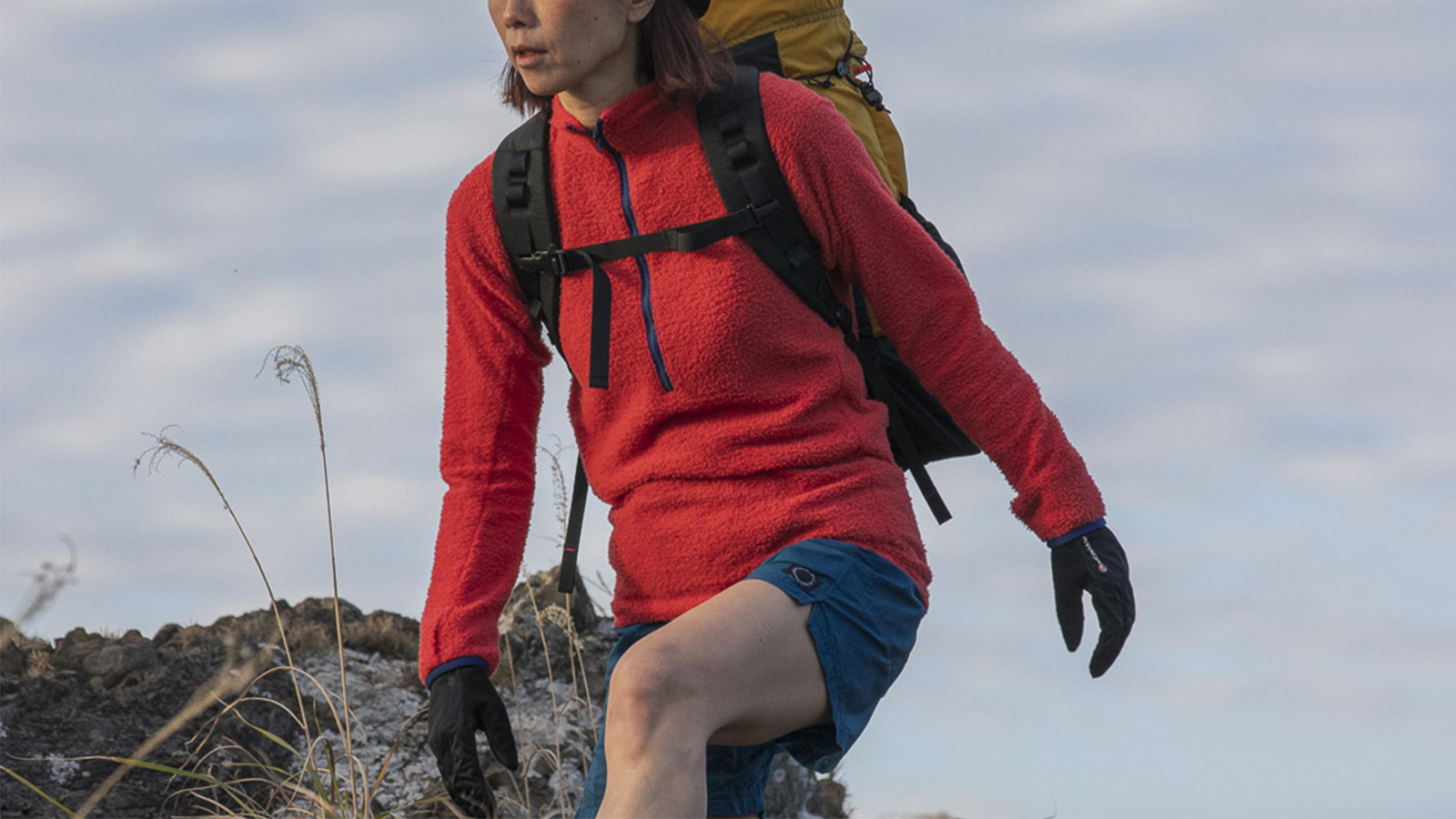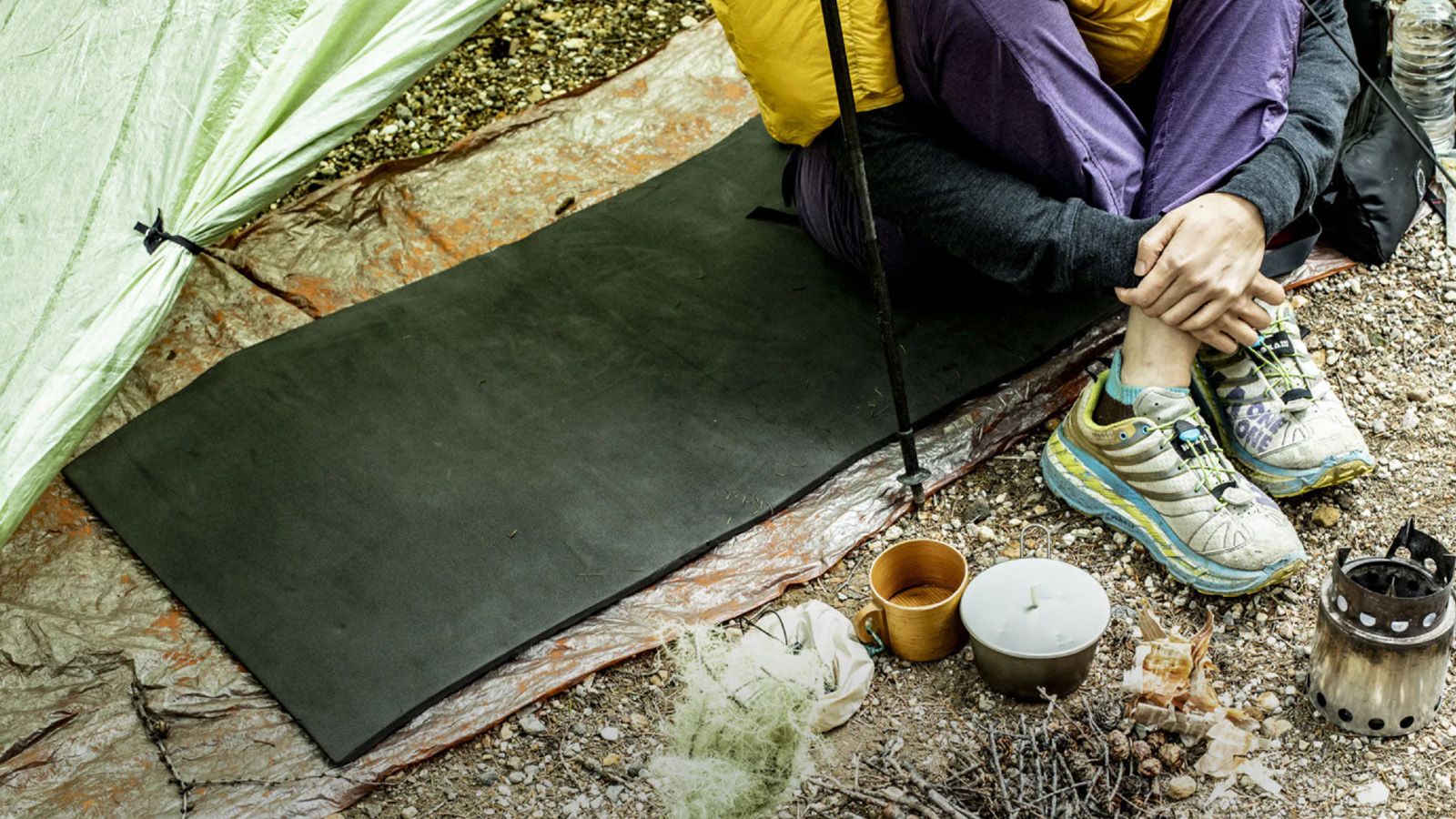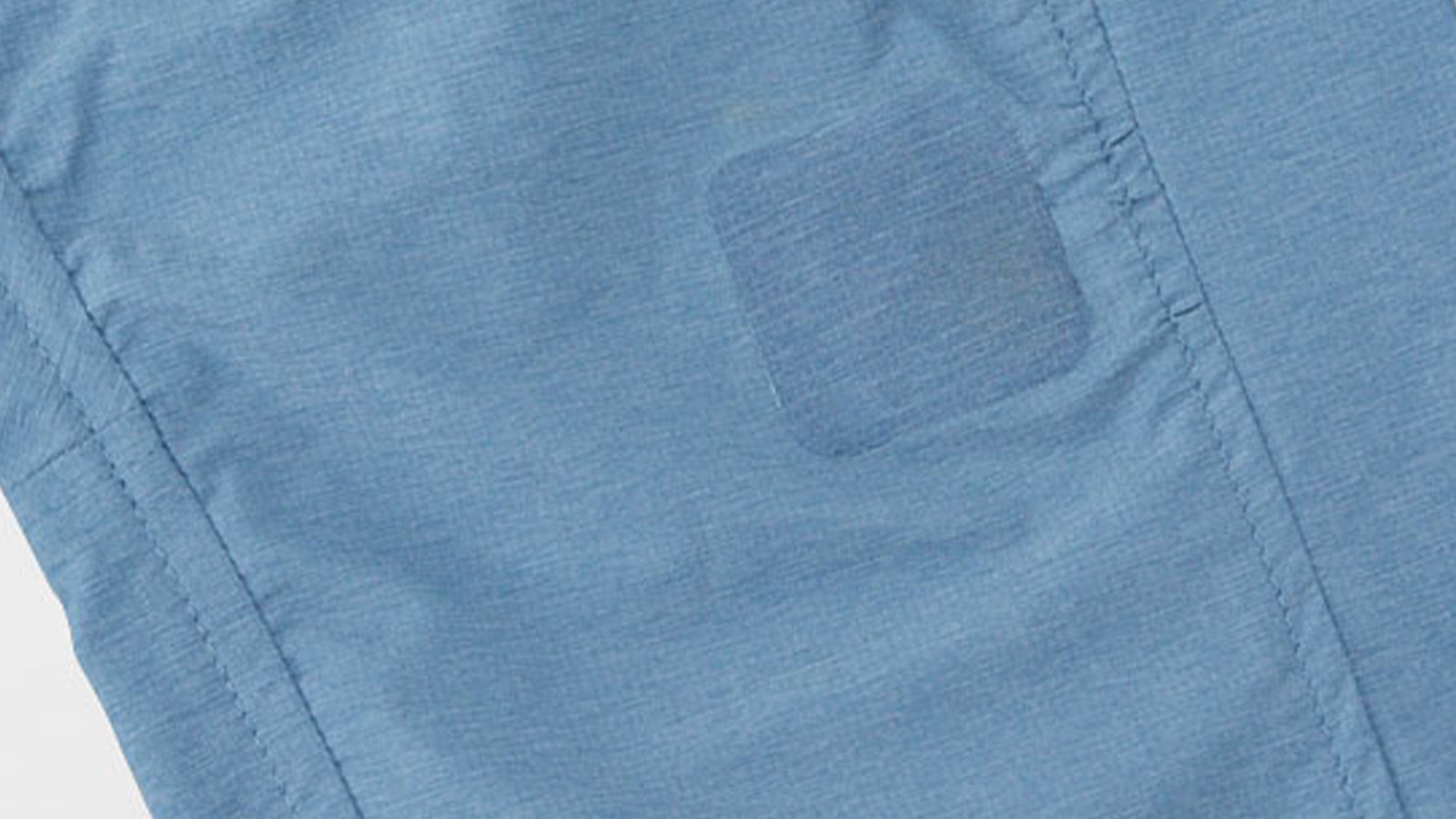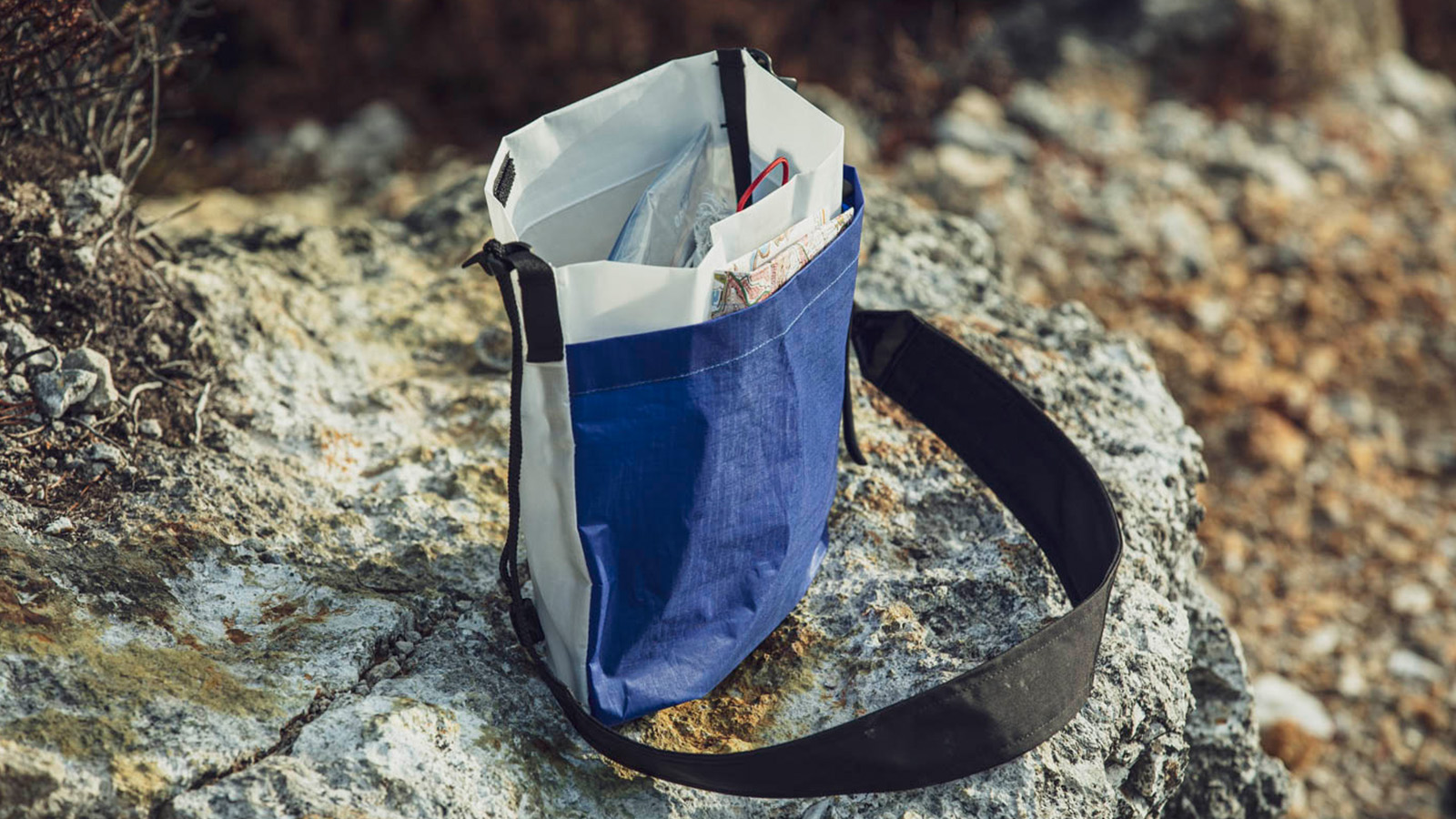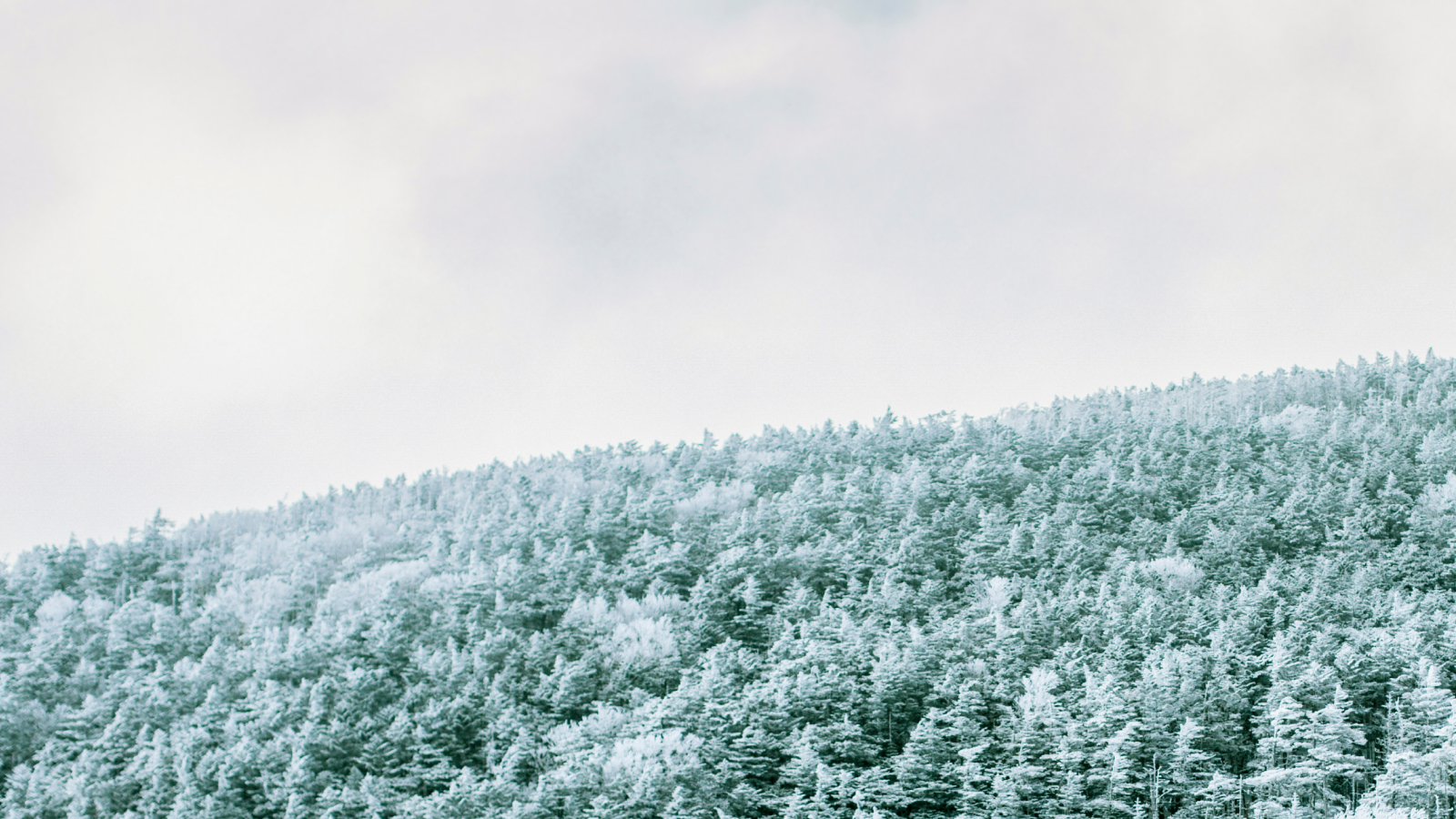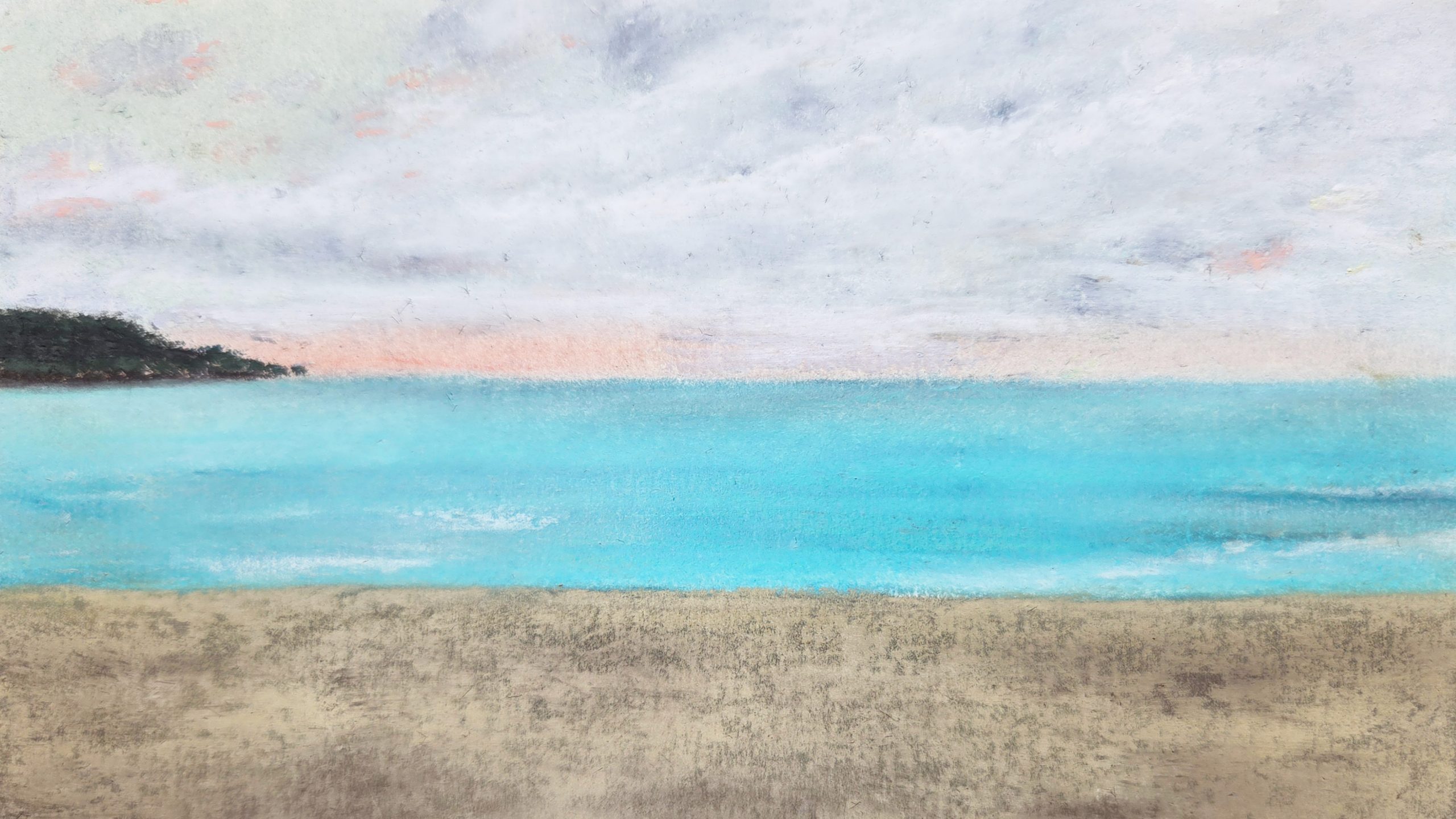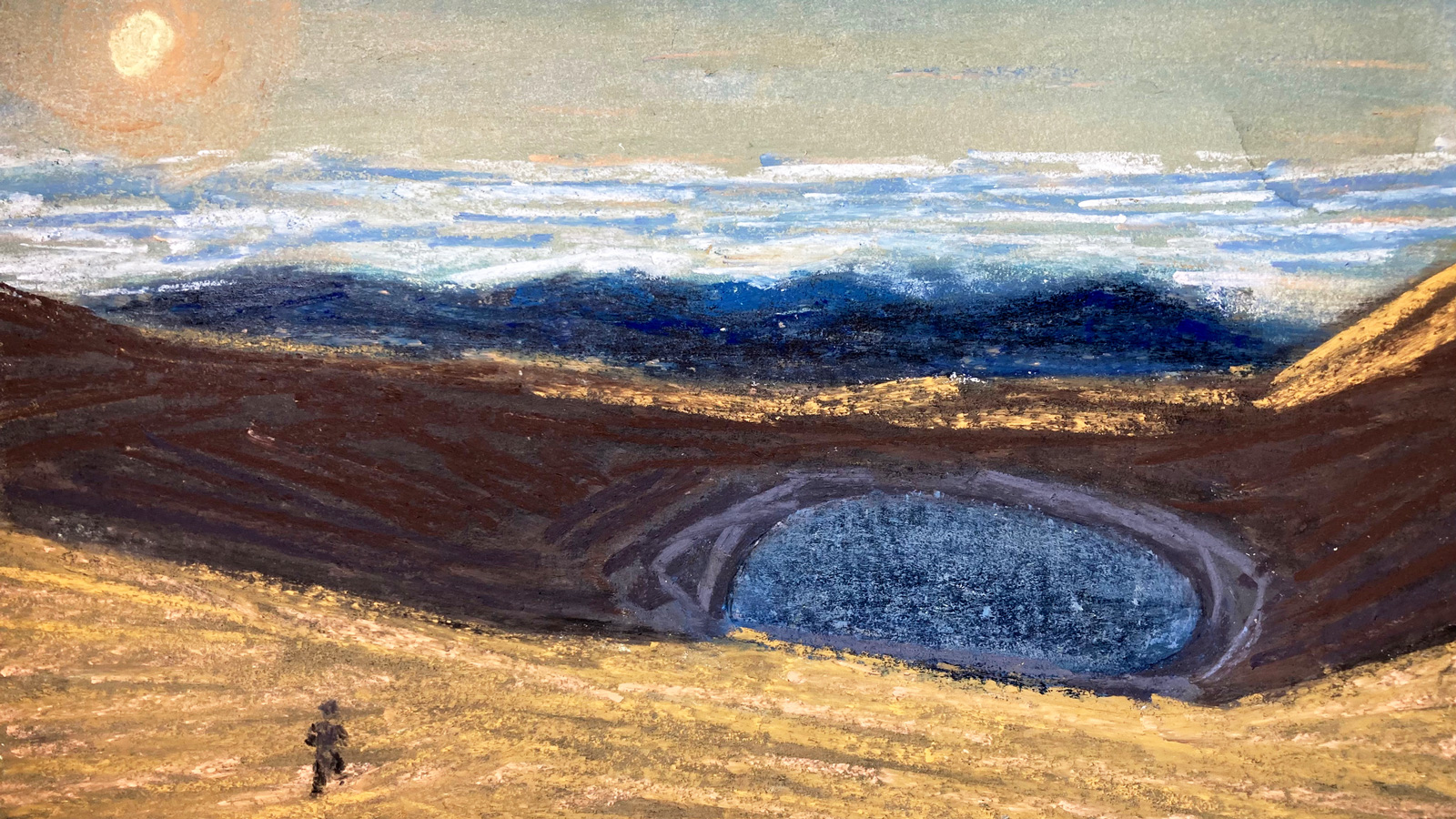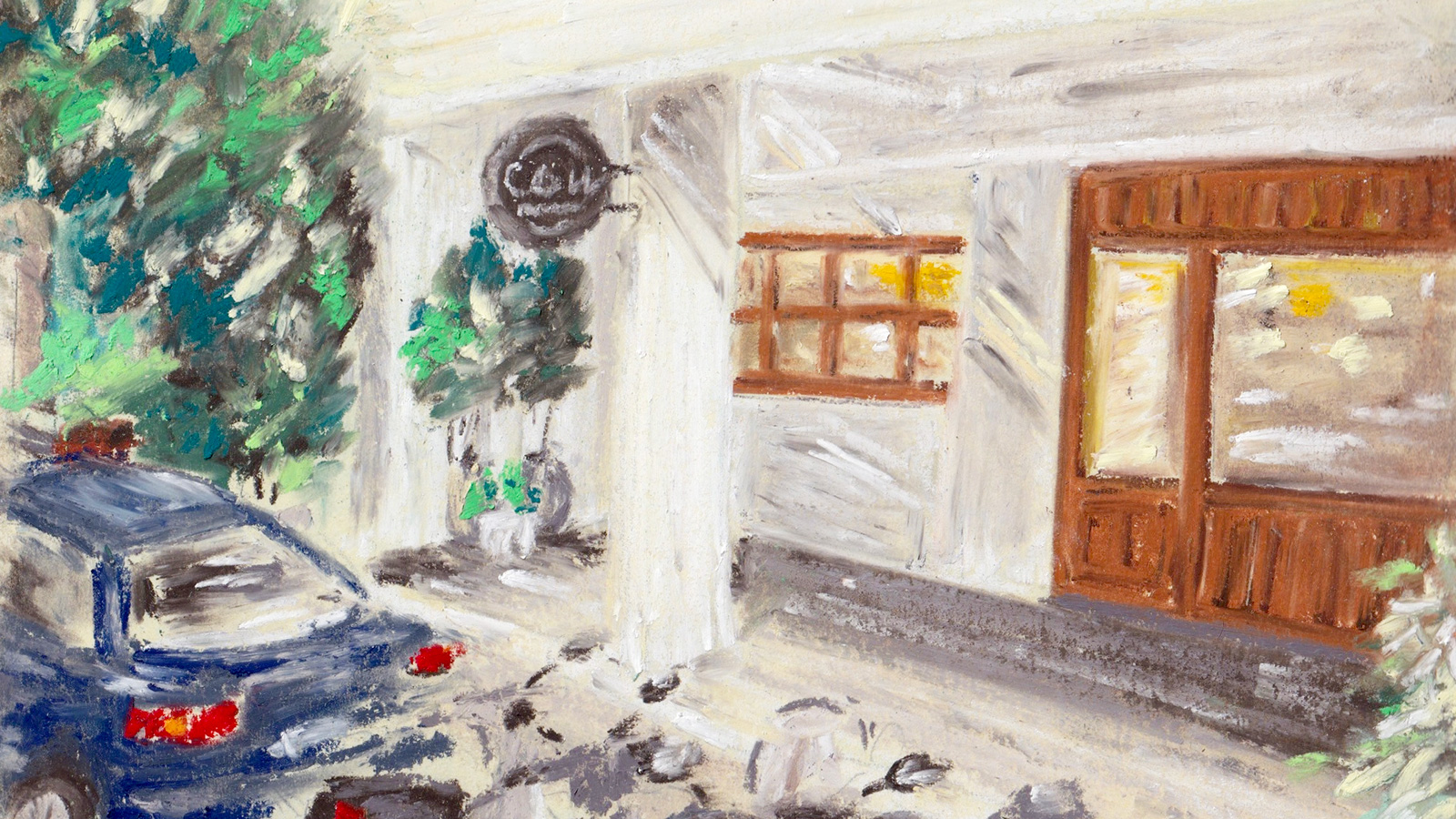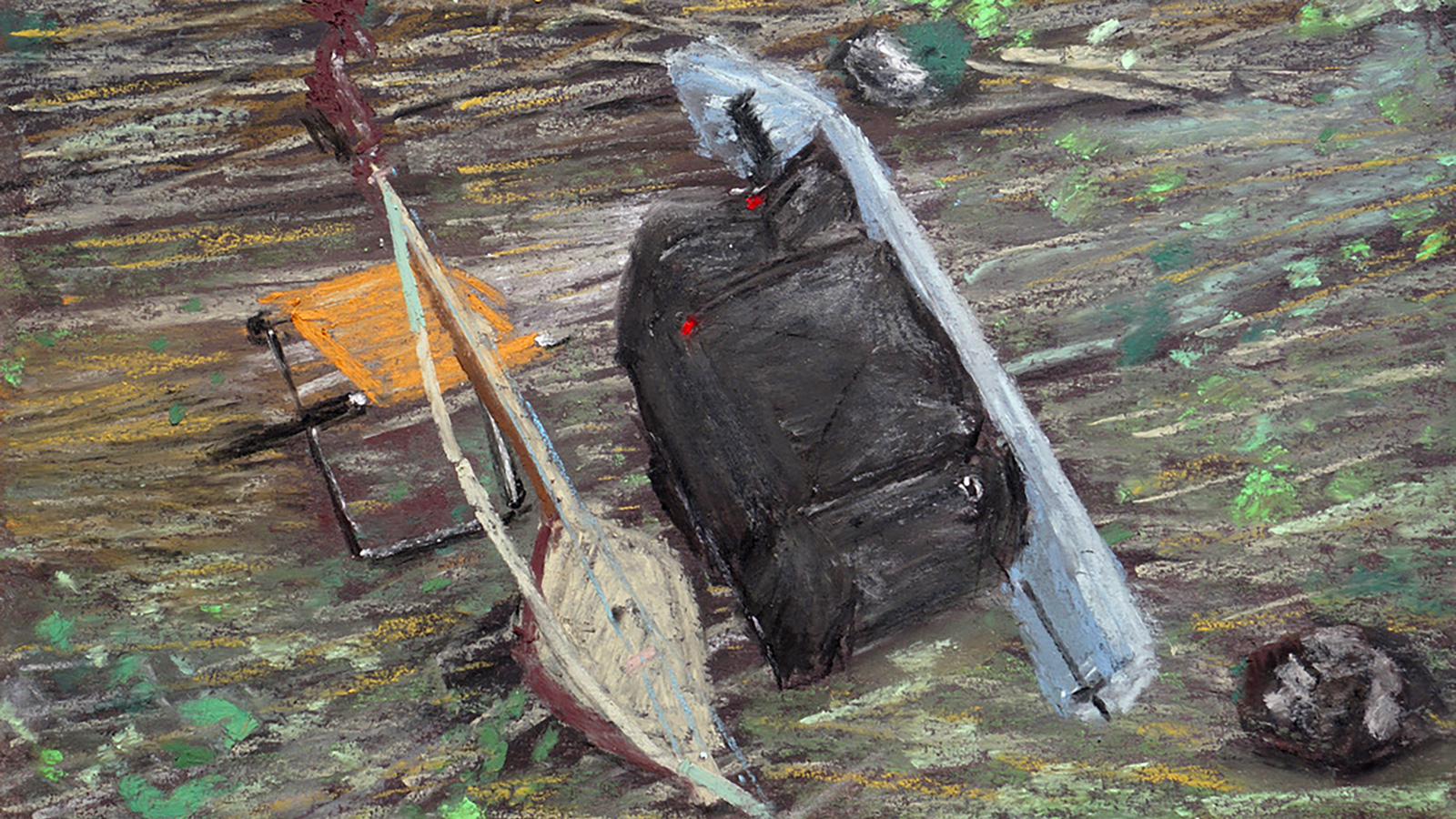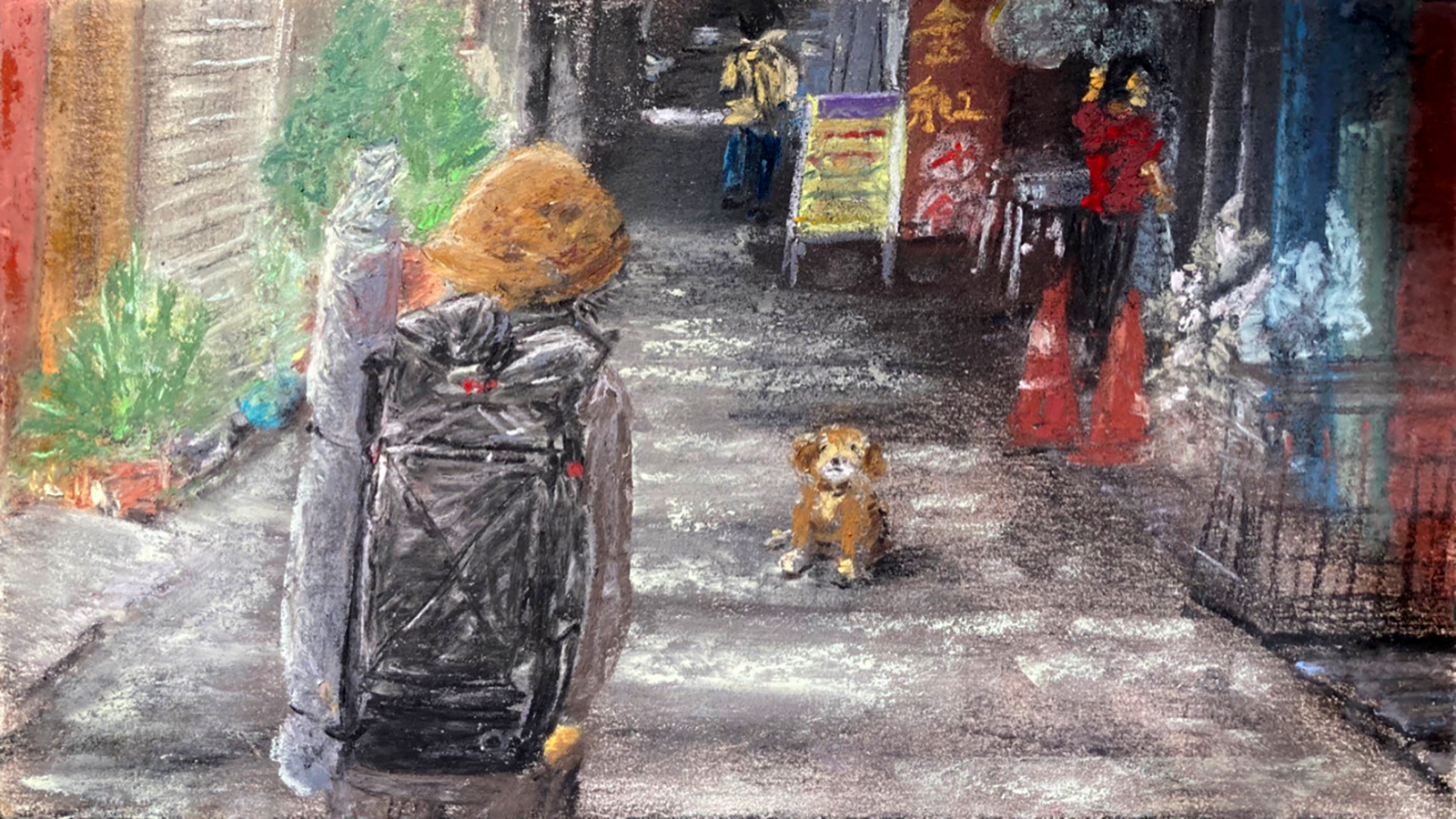#3 From Taipei to Taitung: Meeting the people of Taiwan
#3 From Taipei to Taitung: Meeting the people of Taiwan
Takaya Sasa is a traveler who has journeyed through over 60 countries, a musician who plays the horsehead fiddle and kalimba, a researcher of raw food and vegetarian cooking, a pastel artist, and more. Today, he lives a self-sufficient, self-built lifestyle on the banks of the Shimanto River in Kochi Prefecture, Japan.
In 2024, after 25 years of traveling, Sasa embraced the world of ultralight hiking. With a dramatically lighter pack, he spent two months walking across Taiwan.
His stories—encounters with everyday people and glimpses into local life that only a walking journey can offer—are deeply compelling. And we couldn’t help but wonder: what happens when someone like Sasa adopts the ultralight mindset? What does he notice, and how does it change the way he travels? That curiosity is what led us to invite him to contribute to the Yamatomichi Journal.
In this third installment, Sasa finally sets foot in Taiwan. Without delay, he meets the Yamatomichi Taiwan team in Taipei, who run
Samplus and COW Records. Following an introduction there, he heads to Taitung to visit HLC Taiwan ambassador Lin. He even performs at a local junior high school, truly demonstrating his seasoned traveler spirit.
Meeting the people of Taiwan
Wednesday, January 17th — the day of departure. At 8:30 AM, I left Narita Airport for Taiwan. Although my luggage weighed less than the 7kg carry-on limit, I had to check it in and pay an extra fee because my morin khuur (horsehead fiddle) was oversized. I also packed a Swiss Army knife, which wouldn’t be allowed in carry-on luggage anyway.
Since my flight was early in the morning, I stayed the night before at a friend’s house near the airport. As he dropped me off and saw my backpack, he looked at it with surprise and asked, “Why is your pack so small? Are you really going to travel for two months with just that?” I smiled and explained that it was my first time traveling this light, so I wasn’t entirely sure how it would turn out. But despite its size, the pack held all my camping gear, two instruments—the morin khuur and the kalimba—and even my sketching supplies.
At 11:40 AM, I arrived at Taoyuan Airport in Taipei. The four-hour flight flew by, and before I knew it, the landing announcement was playing. I looked out the window and took in my first glimpse of Taiwan. Though the travel time felt like a short domestic trip, stepping off the plane, I could instantly sense a different atmosphere. Dormant parts of my senses were awakening, adjusting to the new environment. I could feel the switch—my traveler’s mindset—click on.
After clearing customs and collecting my luggage, I was relieved to see my morin khuur had arrived safely. It had been a while since I last experienced that anxious wait at the baggage carousel.
In Taipei, I arranged to meet KOH from COW Records—the shop that inspired Yamatomichi’s partner store, “samplus.” Masaaki and Ai from Yamatomichi had introduced us, and I’d reached out before leaving Japan. Having someone to connect with in a foreign land offered a reassuring sense of familiarity amid the unknown.
But first—how to get into the city? I connected to the airport Wi-Fi with my iPhone, looked up directions on Google Maps, and found the shuttle bus ticket counter to Taipei. Near the bus stop, I spotted a hot water dispenser and filled my thermos. When I traveled in China, I saw hot water dispensers everywhere and locals filling their own thermoses with tea. I’d always thought, “How nice.” I hoped Taiwan might be the same. Despite the added weight, I had decided to bring a vacuum flask. It turned out to be a great decision—I could refill it with hot water at stations, hotels, public buildings, and even mountain lodges. Being able to sip hot tea whenever I wanted was such a joy.
Before long, the bus departed. We entered the highway, leaving the suburban scenery behind.
I found myself carefully observing the view from the window. I didn’t know what lay ahead, but my plan was to walk through cities, mountains, and countryside—like a pilgrimage across Shikoku. As I looked at the passing cityscapes, people, cars, and animals, I began to imagine myself walking through those very scenes. I was already activating my “scouting sensor,” getting into the rhythm of the journey. The same mixture of excitement and nervousness I always feel at the beginning of a new trip. Even after all these years of traveling, that feeling never changes.
Eventually, the bus arrived in central Taipei. I got off and made my way to COW Records, taking in my first glimpses of the city with wide eyes. When I arrived, the staff welcomed me warmly with smiles. Apparently, they all knew I was coming from Japan, and I felt instantly at ease. There’s something deeply comforting about meeting people, even indirectly connected to you, in a foreign land.
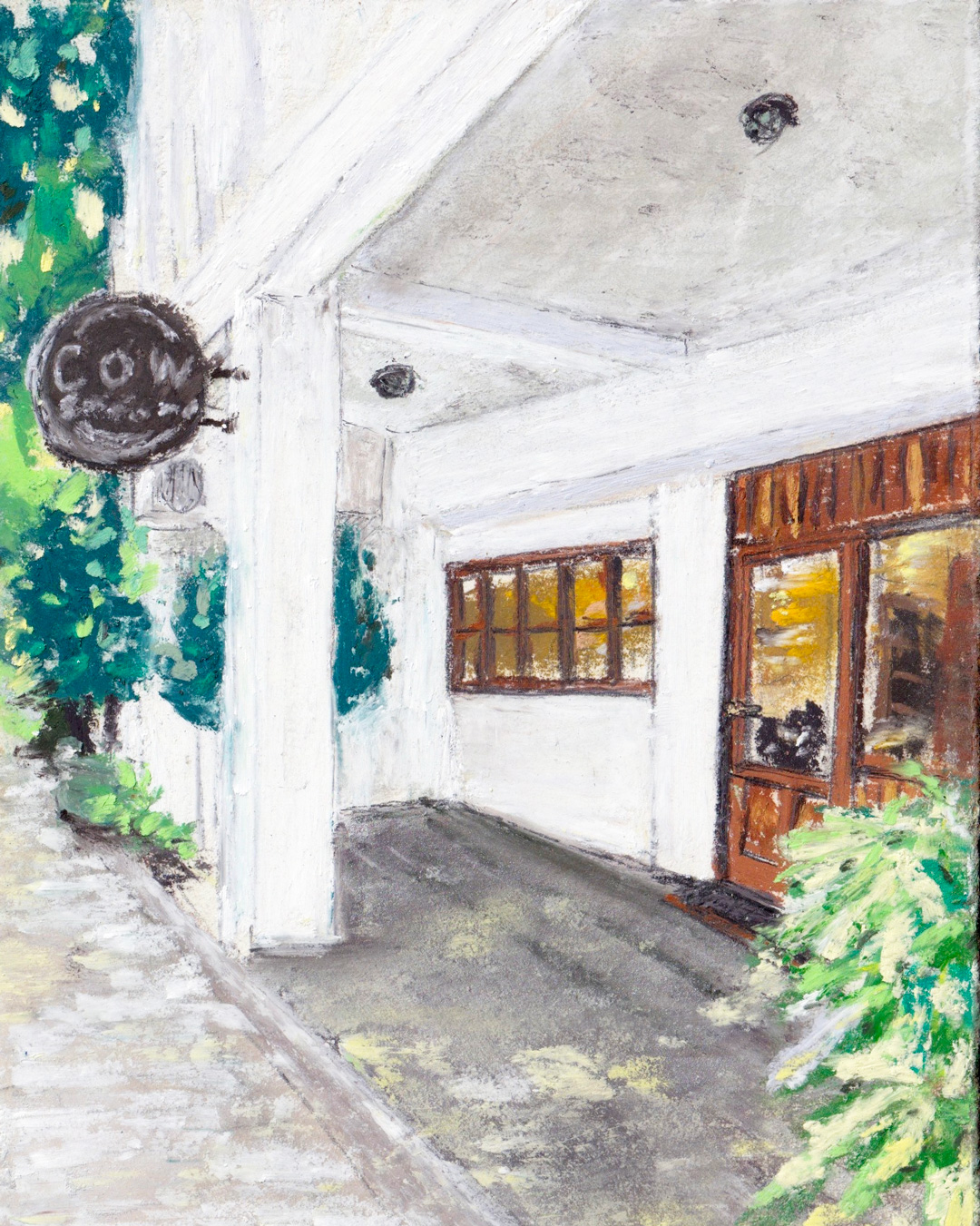
I remembered the storefront of COW Records. I had accidentally painted it in a vertical composition, which wasn’t ideal for a header image—so I’ve included it here instead.
I was greeted by KOH, his brother Hector—the owner of COW Records—and Hector’s wife Jenny, along with the rest of the staff. After our warm introductions, they immediately helped me get settled, even recommending a nearby, affordable, and charming place to stay. It was the kind of spot I never would have found on my own. I was reminded once again how valuable it is to seek out help locally.

With the staff of COW Records. Next to me is Hector, followed by KOH, his wife Mai, and their daughter.
Taking everyone’s advice to heart, I ended up doing something I hadn’t planned: getting help to set up a local smartphone plan. Originally, I had intended to travel without one, embracing an offline experience. But after meeting such kind and generous locals, I realized how useful it would be to stay connected in a place like this—and my perspective shifted.
In hindsight, getting a smartphone turned out to be one of the best decisions. It allowed me to keep in touch with many of the people I met during my travels through Taiwan—mostly through LINE—and was invaluable during my walking journey, especially with Google Maps. While I had hoped to step away from convenience, I came to understand how a tool like a smartphone could actually expand the range of experiences available to me.
The reason I’ve gone into such detail about this is because, up until just a few years ago, I was living in Japan without a phone or Wi-Fi. Life was less convenient, sure, but it kept me fully present with whatever was in front of me—it was a good time. Even now, with a smartphone always in hand, I’m aware of what’s lost: certain physical sensations, the groundedness that disappears with constant connectivity. I continue to search for a balance between convenience and what my heart genuinely seeks.
Later, KOH and Hector asked what I wanted to do during my time in Taiwan. I told them I hoped to walk across the country—and, if possible, climb some mountains along the way. They immediately suggested I meet Lin in Taitung, saying it was a beautiful area rich in nature. Without hesitation, they called him on the spot.
Lin is an ambassador for Yamatomichi HLC Taiwan, and just like that, we arranged to meet two days later in Taitung.
So, the plan was set: tomorrow I would spend the day exploring Taipei, and the day after, I’d take the train to Taitung. It felt like the journey ahead was already taking shape—naturally and beautifully.
And with that, day one in Taiwan came to a close. I had arrived safely in Taipei and met some truly wonderful people. As I lay in my dorm bed at the hotel, reflecting on the worries I had before leaving Japan, I felt a deep sense of relief.
Travel, I realized once again, is a lot like jumping into a river. Before the leap, doubts and fears swirl around in your mind. But once you’re in, you just go with the flow and swim. Before departure, I had been full of anxiety—it was my first trip abroad in a long while, and my first time in Taiwan.
But now, having landed and felt the current begin to carry me, I was filled with excitement for what lay ahead. The view from the water is completely different once you dive in.
A journey guided by gentle hearts
Thursday, January 18th — Day 2.
The weather is clear and sunny. I had wondered how hot it might be, given that Taiwan lies even farther south than Okinawa. But to my surprise, the mornings and evenings feel just right wearing the same winter clothes I wore in Japan. It’s a bit like those early spring days back home—still a little chilly, but comfortably so.

Early morning street scene in Taipei
Today was a day to explore Taipei. While wandering through Dihua Street, an old district with traditional architecture, I stopped by a select shop called Earthing Way, known for its curated collection of vintage tools and handmade goods. As I browsed the displays, the shop owner, a man named Bayo, struck up a conversation with me. We chatted for a while—I showed him my instruments—and something must have clicked. Out of the blue, he suggested, “Why don’t you do a live performance here?”
I hadn’t even considered the idea of performing in Taiwan, but I was delighted and said yes right away. Just like that, we decided on a live show to be held two months later—right around the time I’d return to Taipei, just before flying back to Japan.
Having a performance lined up gave me a new sense of motivation to keep playing music throughout my travels. I felt a renewed sense of purpose—it straightened my posture, both literally and metaphorically.
There’s a certain joy in connecting with people through your own form of expression. It brought me back to my twenties, when I wandered from place to place, earning money by performing music or selling handmade goods.
That night, after 9 p.m. when the shop had closed, I headed to COW Records again to see Hector. I commented on how late the store stayed open, and he explained that in Taipei, it’s common for shops to open after noon and close late at night (COW Records operates from 1 p.m. to 9 p.m.).
After closing up, Hector invited me along for his nightly walk—something he values as part of his daily routine. He walks several stations’ worth of distance each night, which seems to be his way of reflecting and processing everything from the day. He was noticeably more relaxed than during shop hours. Through these quiet moments and small glimpses into local lives, the depth of my experience in this place continued to grow.
At one point, Hector said, “I always stop by this bar for a drink before heading home,” and we ducked into a cozy place tucked down a back alley, owned by one of his friends. Even though I don’t drink, I joined him. We sat outside, caught the night breeze, and had a quiet conversation—Hector with a beer in hand, completely at ease.
We walked a bit more until we reached the subway station. It was already quite late, and I’d be heading out early the next morning for Taitung. I thanked him, telling him how much I’d enjoyed the evening, and he replied, “Have a good trip. If anything happens, just give me a call.” It was deeply reassuring to know I had someone I could rely on while traveling.
Receiving kindness while on the road always sparks the desire to pay it forward—to offer someone else that same generosity. It felt like I was stepping onto a path where kindness flows, and I could sense that this was going to be a good journey.
Friday, January 19 – Unexpected delays and serendipitous meals
My third day in Taiwan. I had planned to catch the first express train to Taitung, but when I arrived at the station in the morning, it was already fully booked. So, I bought a ticket for the noon departure and decided to spend a few hours wandering nearby.
These are the moments when ultralight travel really shows its strength. Even with all my gear, my pack felt no different from a regular daypack. I could stroll around freely without the hassle of storing heavy bags. It was a completely new experience for me—usually, before any sightseeing, I’d spend time looking for lockers to store my bulky luggage. I’ve often lost a lot of time doing just that.
Wondering how to spend the unexpected free time, I suddenly remembered a recommendation from Nori, a friend who had lived in Taipei and runs SUNSHINE JUICE. He had told me about a vegetarian (sùshí) restaurant near the station. It sounded like the perfect opportunity to check it out for an early lunch.
The restaurant was a buffet-style “zìzhùcān” spot, with a tempting spread of unfamiliar but delicious-looking dishes. Being the food lover I am, I piled my plate high and found a seat. As I relaxed, I recalled something Nori once said: “When I lived in Taipei, I used to eat here all the time!” I pictured him in this space, imagined his presence, and it changed the flavor of the experience. There’s something beautiful about being guided to a place by someone’s memories—it adds new color to the moment. It even feels like continuing the story that someone else once began.
In the end, missing that train turned out to be a blessing. I got to enjoy a memorable meal in a spot full of connection and story. I was grateful for the delay.

At another vegetarian (sùshí) restaurant in Taitung.
An unexpected twist
From Taipei to Taitung—the train ride was smooth and comfortable. Yet I found myself gazing out the window, wondering whether I could actually walk through this landscape. My heart beat faster than usual, stirred by that familiar rhythm of excitement and nervousness. This, I realized once again, is the essence of travel—repeated over and over.

Distant view of Taitung
I arrived in Taitung just before dusk. Lin and I had been in touch via LINE, and he had kindly offered to pick me up at the station. When his whole family arrived by car to greet me with warm smiles and a cheerful “Welcome to Taitung!”, I instantly felt at ease. To be welcomed by locals in a completely unfamiliar place is always deeply reassuring. I could feel the tension of the unknown—of unfamiliar streets and unfamiliar night air—begin to soften.

Taitung night market
At first, I was unsure—“A whole week of limbo?” But after taking a breath, I realized: there’s no rush. Unplanned pauses often lead to unexpected encounters. I told Lin, “In that case, could we go ahead with the plan for the hike a week from now?”
Without missing a beat, Lin’s wife, Serene, chimed in: “If you have time, there’s a school concert this Sunday at our daughter’s junior high. Would you like to perform? I’d love for the kids and parents to hear the morin khuur. If you’re interested, I’ll check with the teachers.”
I blinked—“Wait, I’m performing at a junior high school? This really is an unexpected twist!” I hesitated for a moment, then thought: What an incredible opportunity. I replied, “Yes, I’d love to! Let’s do it.”
And just like that, my first concert in Taiwan (sort of!) was tentatively set for two days later.
It was only yesterday that the impromptu performance at the gallery in Taipei had come together. But performing at a school? That’s something I’ve never done. A part of me wondered if I could really pull it off. Then again, maybe it’s precisely because I’ve never done it that it might turn out to be something really special.

Enjoying indigenous Taiwanese mountain vegetable dishes at a Taitung street stall.
After a hearty meal, Lin and his family kindly gave me a ride back. As we said our goodbyes, Serene smiled and said, “Let’s stay in touch—have a great weekend!”
It had been a long journey all the way from Taipei to Taitung in a single day, but somehow, I could already feel that Taitung was going to be an interesting place.

With Lin in front of the guesthouse.
Performance at the junior high school
It was a completely unexpected visit to a Taiwanese junior high school. I walked through the school grounds, glancing around curiously as I made my way to the auditorium. Bathed in the warm afternoon light, the concert began with classical performances by the students—violin, cello, piano. The parents watched on with gentle, supportive expressions, while the students, visibly nervous, carried themselves with an earnestness that was touching. Their performances were wonderful, and the sincerity of their effort resonated deeply. It reminded me that the beauty of music comes in many forms.
At the very end of the concert, after all the student performances had finished, I was introduced as a “special guest from Japan.” With Lin translating my English into Chinese, I gave a brief self-introduction. I joked that this was my “first official concert in Taiwan,” and the room erupted in laughter. That moment of shared humor seemed to break the ice—it felt like a genuine connection had been made, and the nerves I had melted away.

A glimpse of the Sunday afternoon concert at the junior high school.

A performance on another day.
I’m playing the igil, a traditional string instrument from the Republic of Tuva, a federal subject of Russia. While playing, I sing using the “khöömei” technique, a form of overtone singing that allows for two pitches—high and low—to be produced simultaneously.
With the kalimba and the morin khuur in hand, I was able to perform with joy and ease. Just like the students, I felt supported and encouraged by the parents and teachers in the audience—it was as if they were cheering me on too. Still, I was nervous! But judging by the smiles afterward, it seemed the performance was well received. Some students, wide-eyed after hearing the khöömei overtone singing for the first time came up just to shake my hand.
Creating opportunities to share these kinds of emotional experiences brings me so much happiness. No matter where I go in the world, music connects people beyond language. That’s why I always feel the urge to travel with my instruments, ready to play anywhere, anytime. In a way, performing music is like exposing your true self—it lets people know, “This is who I am.” And connections that begin from that place of authenticity often feel a little deeper, a little different.
Oh—and Serene’s friend, Ruth, who’s also a music lover, came to hear the performance too. Afterward, she and her husband kindly drove me to my accommodation for the night, which was closer to the center of town than the night before. It’s walking distance to the night market and near the morning fresh market I want to visit. I’m really starting to get a feel for Taitung.
There’s something I truly love about this part of travel—gradually building relationships, getting to know the layout of a new place. Bit by bit, it begins to feel familiar.


Throughout the journey, I often found myself relying on local breakfast spots in each town.
As we said our goodbyes, Ruth told me, “We live just a little north of Taitung—please come visit us sometime. Let’s play music together.”
Travel is always about moments of connection and chance encounters. I had hesitated at first to join the junior high school concert, but doing so led me to meet Ruth. And just a few days later, when I visited her home, she would end up entrusting me with something truly special: a map that would become the foundation for the main purpose of this journey—my walk across Taiwan.

Born in Tokyo in 1979, Takaya Sasa has traveled through more than 60 countries, learning from life on the road—whether through cooking, music, shoemaking, or other crafts.
In 2013, he relocated to the banks of the Shimanto River in Kochi Prefecture, Japan, where he began building a lifestyle rooted in the land.
In 2016, he published The Salad Book (ささたくや サラダの本), a collection of raw food recipes and travel essays. He began creating pastel artwork in the summer of 2020, and in 2023, he self-published two books: TABI no Ohanashi-kai, a collection of travel stories, and Kurashi no Kage, a visual diary of daily life along the Shimanto.







